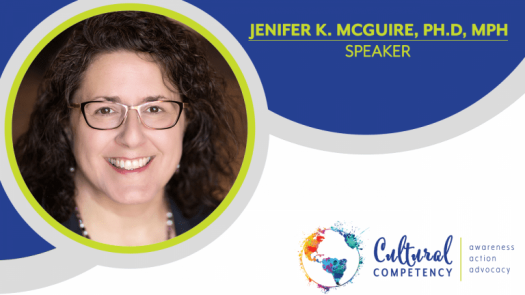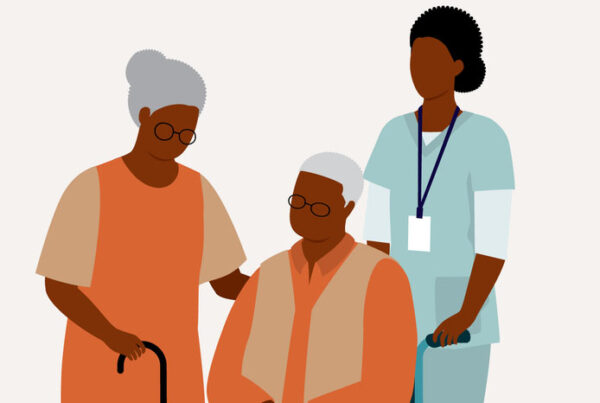By: Jason M. Jowers, MFT

On September 18-20, 2018, OneOp held their 2018 Virtual Conference entitled, “Cultural Competency: Awareness, Action, and Advocacy. The conference included six interactive webinar sessions that addressed topics such as privilege and power, race, equity, dis/ability, intersectionality, authentic dialog, sexual orientation, gender expression, and health disparities.
On the second day of the conference, September 19, OneOp Family Development hosted a session entitled, “Sexual Orientation and Gender Expression within Families.” Dr. Jenifer McGuire from the University of Minnesota was the presenter for this event and shared the research that she and her collaborators have been working on. Dr. McGuire’s engaging session began with an overview of sexual orientation, sexual expression, gender fluidity, and gender roles. The conversation then highlighted working with and advocating for families with diverse family structures, sexualities, and genders. She also explored diverse families and family members within the context of the military experience, including current and historical policy norms. She introduced the Family Gender Environment tool, a measure that has provided insight into the viewpoints of parents and adolescents in diverse families and how they navigate within the topics of sexual orientation and gender expression.
Several of the insights of this VC session include:
- Ways to increase the level of comfort that professionals can have when talking with clients about gender expression and sexual orientation.
- That the power of family can be a social institution that models societal norms of a larger culture. Families teach children how to socialize but can lead to policing of norms, including those surrounding gender roles and gender expression.
- That parental reactions to gender variance in their children include acceptance, ambiguity, and rejection. These reactions can co-occur or fluctuate.
- These parental reactions have huge impacts on family relationships and psychological issues.
- In a military context, deployments, transfers, and family moving can impact children who are gender nonconforming when they have move to a new base or have to change schools.
- To be aware of the impact these issues can have on families, but also the importance of family as a safe and affirming place.
- This session also included ways that professionals can work with diverse families, both military and civilian, and be inclusive of sexual orientation and gender expression issues in their practice.
If you are interested in the Family Gender Environment tool and other measures provided by the Program in Human Sexuality at the University of Minnesota click here.
If you happened to miss this Virtual Conference Session, you can view the archived version of the presentation here. CEUs are still available for credentialed social workers, family therapists, and professional counselors up until September 19, 2019.












